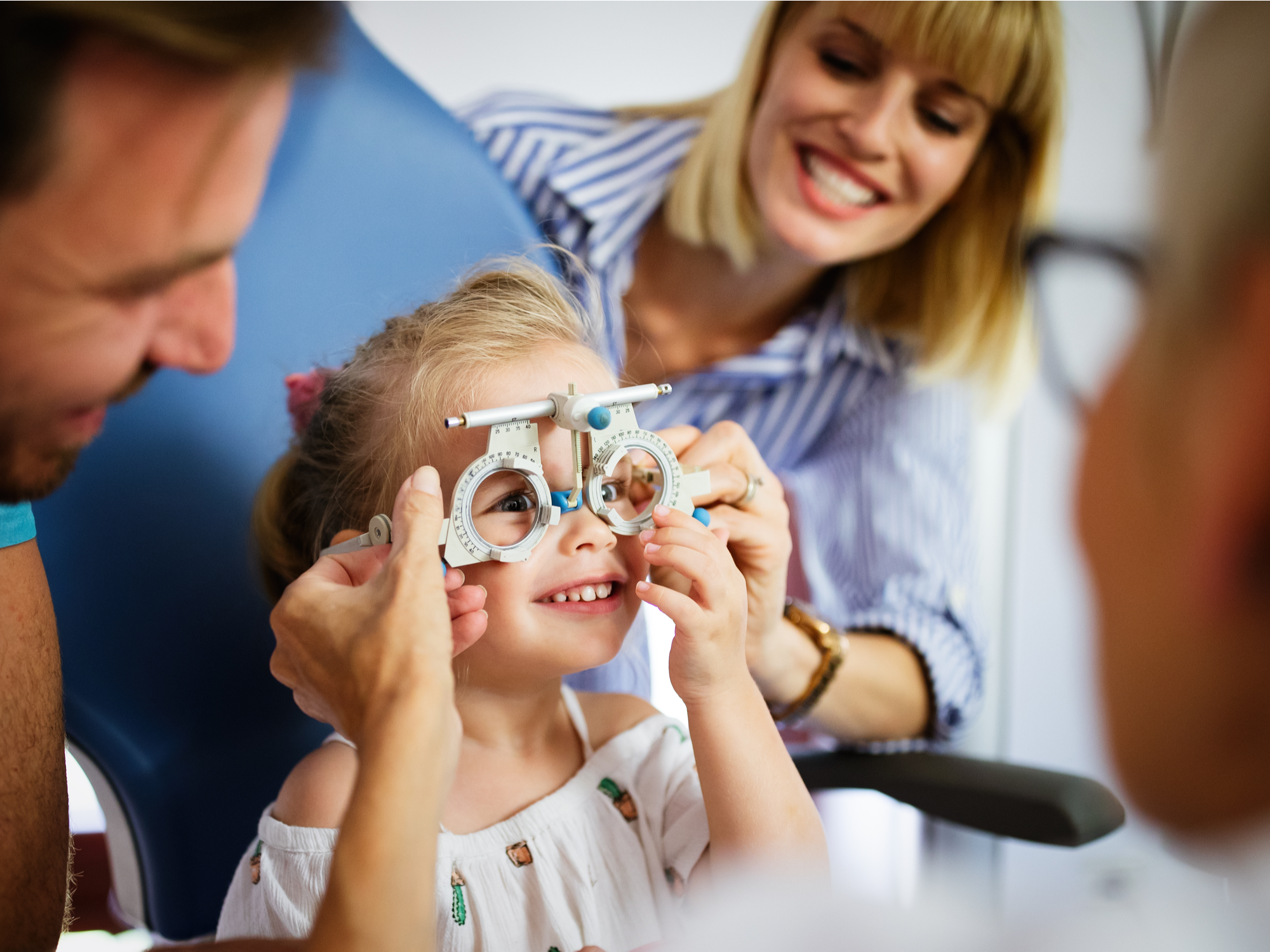
More children around the world continue to develop myopia at an earlier age. Many factors are contributing to this increase. Kids who have parents with high myopia have a high chance of developing the condition.
Fortunately, there are now effective treatments to slow the progression of myopia and prevent the development of high myopia. Myopia management or control is a childhood eyecare field concerned with the slowing of myopia progression.
About Myopia Management
Myopia generally onsets in childhood, usually before the age of 10. Myopia management can be achieved by prescribing special lenses or using atropine eye drops. It is important to note that there is no treatment to stop myopia.
The management only helps to slow down the progression of the disease. The results experienced will depend on the management technique used as well as factors that rest with the child.
When to Start Myopia Management
When it comes to myopia management, there is no age requirement to start treatment. Experts recommend starting as soon as possible. This means that management should begin as soon as your child appears to have a high chance of developing high myopia.
Children as young as three years have received myopia management treatment. Starting management early will reduce the child’s risk of developing eye diseases in the future. These are diseases that have a potential for blindness, including retinal detachment, glaucoma, and macular degeneration.
Children at High Risk for Myopia
Some children have a high risk of developing myopia. Children with the condition before the age of seven have the highest risk category. The younger the child is, the higher the risk. This is because there is more time for the child’s eyeball to continue to grow and elongate.
The growth continues right through the adolescent and puberty years. Eye specialists analyze data to determine each child’s myopia progression rate. A documented increase of myopia within one year will be noted.
Preventing Onset of Myopia
Many people believe that the increase in myopia is partly due to the time spent indoors. The increasing use of technology and indoor activities has done a lot to contribute to eye health problems.
Studies have shown that when kids spend time outdoors, it has a positive effect on the eyes. Spending at least 90 minutes a day outdoors can help delay or prevent the onset of childhood myopia. Eye specialists recommend that children who are at risk of developing myopia spend more time outdoors. This is a preventive measure.
Myopia Management Techniques
Low-dose atropine has proven to be very effective for slowing the progression of myopia. There are some suggestions that the treatment can prevent myopia onset. Eye specialists assess the possibility of using the atropine for prevention on a case-by-case basis. This outweighs the benefits versus the potential risks. There are special glasses and contact lenses that help in the management of myopia.
There is no reason to take the “wait and see” approach when dealing with your child’s vision. If you suspect that your child may be at risk of developing high myopia, it is important to visit an eye specialist. Comprehensive eye testing will help determine your child’s eye condition.
To know how early your child can start myopia management, visit Limestone Eye Care at our office in Lawrence, Kansas. You can call (785) 268-6880 today to schedule an appointment.










